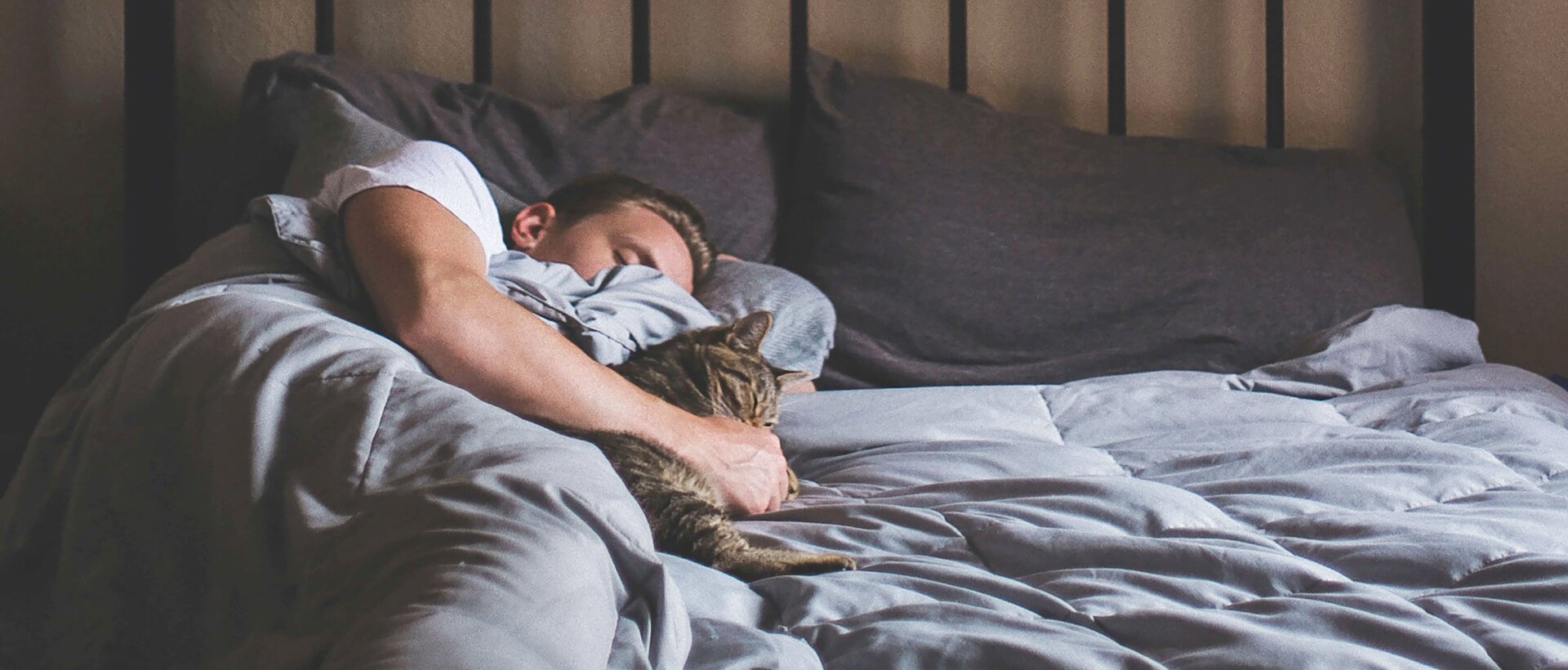There are times when you want to celebrate your break as a ritual. Those days in which we want so much to enjoy the relaxation that despite being tired, we are excited to create the atmosphere that we deserve or dreamed of for when that moment arrives. Often, we do not know where or why that idea arises, yet we take care of the details and dedicate more time, enthusiasm, and care to prepare for bed. As if, suddenly, we were aware of a routine event, giving prominence to something that the rest of the days is mechanical, as if we discovered that the moments before going to bed could be special. Has it ever happened to you? Follow the relaxing bedtime activities.
10 relaxing bedtime activities

Here are some relaxing bedtime activities that prove to be useful for most of us.
1- Always go to bed at the same time
As Dr. Epstein ( 1 ), a professor at Harvard and an expert in insomnia https://www.dentavacation.com/ambien/, also pointed out that going to bed and waking up simultaneously is a good way to stay in sync with your body’s cycle circadian rhythm. : a sort of “internal clock” synchronized with the day and night cycle, one of whose functions is precisely to regulate the wake-sleep cycle.
2- Do physical activity
L’ physical activity and sport not only help our body to stay fit but also help our minds to release tension. But not only. By making our body more tired, they consequently impose on it the need to rest more. Therefore it would be good to do a sporting activity during the day, possibly avoiding doing it in the evening hours.
3- Take care of nutrition
Before going to bed, we should avoid large meals and heavy foods because they do not promote digestion and keep us awake. That said, warm milk or a relaxing herbal tea helps us to sleep. Before going to bed, we must avoid alcohol, carbonated drinks and smoking, which are exciting.
4- Take a warm bath
Before going to bed, it is good to take a nice shower or a warm bath, massaging the body’s muscles. Perhaps using scented oils, especially lavender, helps relaxation and the onset of sleep.
5- Create a comfortable environment
In the bedroom, you have to feel at peace. Therefore, it would be advisable not to work in the bedroom, not study or do other demanding things because these are all activities that stimulate our brain and keep us constantly under stress or with nagging thoughts.
The bedroom must instead be a comfortable and relaxing environment, free of impulses that can disturb our tranquility. The right temperature is also important, neither too hot nor too cold, and having a comfortable mattress and clothing. By following these simple steps, you will create an optimal sleeping environment.
6- Keep your mind busy with logical mental exercises
If worries and anxieties do not leave us when we go to sleep, we must try to occupy our minds with other things by doing simple mental exercises in logic.
Stephanie Silberman – a psychologist specializing in treating sleep disorders, depression and anxiety – suggests trying to think of words containing a certain letter, or to think of some object, and then mentally list them the shape, the color, the uses. Reciting poems and singing our favorite songs helps our mind distract from worries by favoring the onset of sleep.
7- Turn off the “technological” devices
Although it seems difficult to do this today, it is best to avoid keeping technological items such as computers, telephones and televisions in the bedroom. It is also advisable to take your eyes off any screen and turn off the various electronic devices at least thirty minutes before going to bed. Turn them off completely without leaving them on standby: in addition to consuming energy, these devices also emit electric waves that can disturb our sleep.
8- Take care of our breathing
“When we release our breath, we release our tensions.” Gay Hendricks. Breathing techniques are perhaps the best-known techniques for relaxation.
Breathe deeply and try to focus your mind on positive thoughts and good memories. Once your lungs are filled with air, always exhale slowly, and then repeat the exercise again.
9- Possibly take food supplements of natural origin
In cases of anxiety and lack of sleep, products based on valerian or melatonin are commonly taken. They can be found in herbalist shops, pharmacies, and even online. Compared to classic herbal teas, tablets are preferred.
The reason is very simple: usually, the tablets contain a greater quantity of an active ingredient, but what matters most is that they contain a constant, precise dose of the substance you want to take. With herbal teas, however, the doses inevitably end up being “approximate” and variable.
When I have difficulty falling asleep or having problems with jet lag (a decompensation caused by the change of time zone), I take 1-3 tablets of valerian containing 1mg of the active ingredient.
10- Write down the problems that haunt us
I suggest writing all our worries of the day on a sheet of paper. Therefore, dedicate ten minutes a day to this activity. If your worries come to the surface when you go to bed, you can tell yourself that you have already thought about them and that you have already overcome them in some way.
